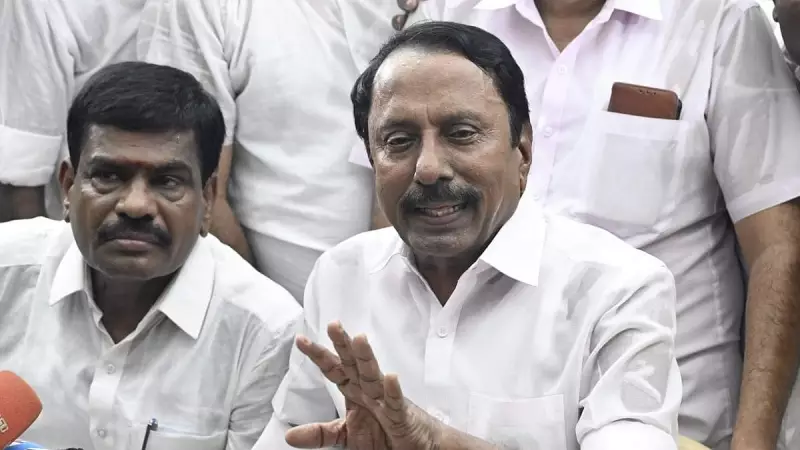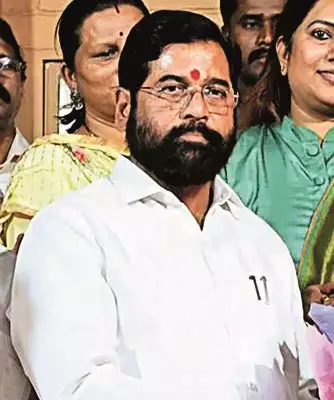
In a dramatic escalation of the ongoing power struggle within Tamil Nadu's principal opposition party, AIADMK chief Edappadi K Palaniswami (EPS) has taken the decisive step of expelling senior leader and former minister K A Sengottaiyan from the party. This move comes just one day after Sengottaiyan's controversial meeting with expelled leader O Panneerselvam (OPS), signaling EPS's zero-tolerance approach toward internal dissent.
The expulsion, announced on Tuesday, marks a significant hardening of positions within the party that has been grappling with factionalism since the death of its iconic leader J Jayalalithaa. Sengottaiyan, a veteran politician who has served as School Education Minister in the previous AIADMK government, now finds himself outside the party fold alongside other OPS loyalists.
The Meeting That Triggered the Expulsion
Sources close to the development indicate that Sengottaiyan's Monday meeting with OPS at the latter's residence in Chennai proved to be the final straw for the EPS camp. The encounter, described by insiders as "cordial and lengthy," apparently discussed strategies to challenge EPS's leadership and potentially reunite the fractured party.
"EPS has made it abundantly clear that anyone engaging with the OPS faction will face severe consequences," a party functionary revealed on condition of anonymity. "Sengottaiyan's expulsion serves as a warning to other potential rebels within the party ranks."
EPS's Firm Stand Against Rebellion
The AIADMK general secretary has consistently maintained that there will be no accommodation for those who challenge his authority or engage with dissident groups. This latest action reinforces his reputation as a leader who prefers confrontation over compromise when it comes to party discipline.
Political analysts suggest that EPS's aggressive stance stems from his desire to present a united front ahead of crucial local body elections and the eventual state assembly polls. "By removing potential dissidents, EPS aims to consolidate his position and avoid the kind of internal sabotage that could weaken the party's electoral prospects," noted Dr. Aruna Raman, a Chennai-based political commentator.
Historical Context of the AIADMK Split
The current crisis has its roots in the leadership vacuum created by Jayalalithaa's demise in 2016. What began as a power-sharing arrangement between EPS and OPS eventually deteriorated into open hostility, culminating in OPS's expulsion from the party in 2022.
Since then, EPS has worked systematically to marginalize OPS loyalists and consolidate his control over the party apparatus. The expulsion of Sengottaiyan represents the latest chapter in this ongoing consolidation process.
Potential Ramifications for Tamil Nadu Politics
The continued purging of senior leaders raises questions about the AIADMK's stability and its ability to mount an effective challenge to the ruling DMK government. With several experienced hands either expelled or sidelined, the party faces the dual challenge of maintaining organizational coherence while preparing for future electoral battles.
Meanwhile, the OPS camp has condemned the expulsion as "undemocratic and arbitrary," claiming that it reflects EPS's authoritarian tendencies. They have vowed to continue their fight for what they term "true AIADMK values."
As the political drama unfolds, all eyes remain on whether other senior leaders will risk similar consequences by aligning with the dissident faction, or whether EPS's firm approach will successfully quell internal opposition.






